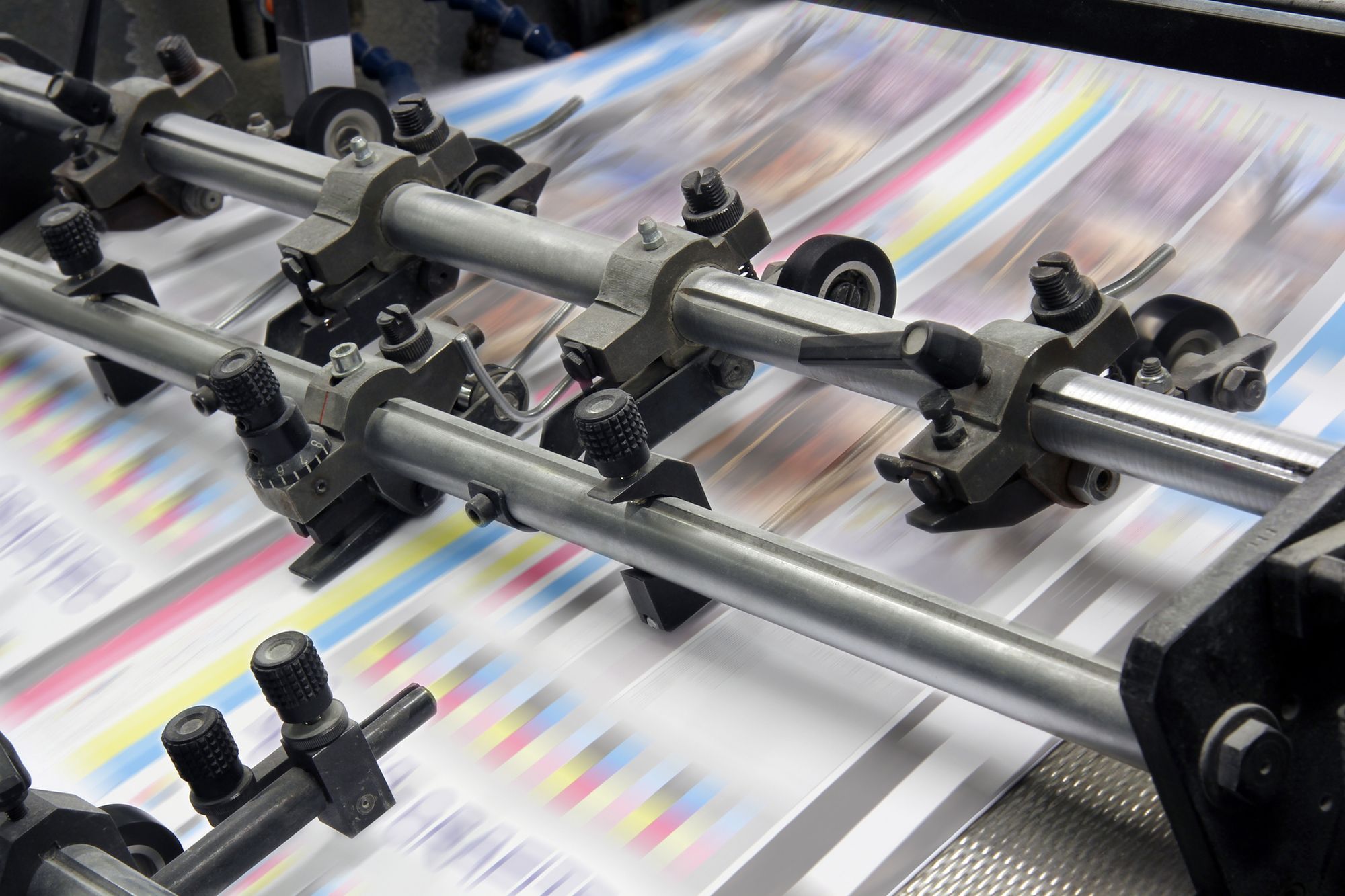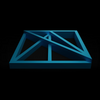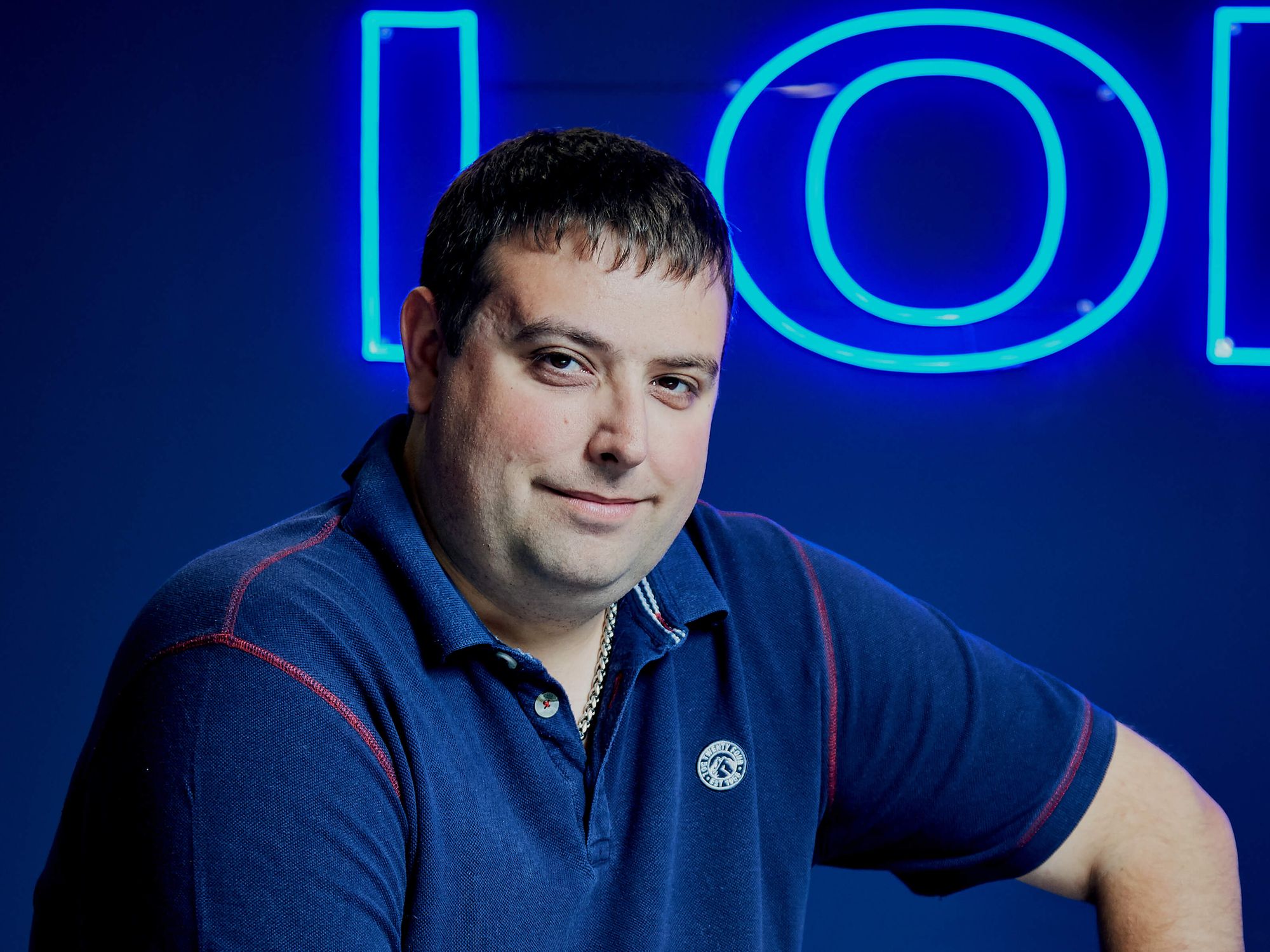“When i'm not engrossed in cutting code, you'll find me with client's enabling them to maximise their customer service offering”
Our very own Solutions Architect Tom Rowland takes us behind the scenes of Lokulus and his view on what he does.
Hi Tom, thank you for your time today, let's dive right in...
There seems to be a common misconception that people who work in the technology industry follow very scientific, very regimented approaches. Do you agree?
I often hear sentiments like "It can’t be that complicated, you just read the manual and do what it says?" or "I don’t want to know about the complexity, I just want to know when it will be finished". To an extent, it is true; we do have processes and procedures to guide us in doing our work, which are essential, however, I would argue that working in the technology industry is much more of an 'Art' than a 'Science'.
Speaking from a personal perspective, whilst every client we deal with looks superficially to have the same challenges within their business, when we dig deeper, we often find lots of nuisances which are very significant, and it is these seemingly small differences, which introduce the "Creative" aspect of deciding how we apply our software to a client’s business.
And how do you then decide and advise what the best approach is for your clients?
It’s often a game of "trade-off's", trying to decide if taking a particular approach, which may save us time now, will come back to haunt us in the future. Sometimes it's about suggesting to a client that, instead of bending the software to fit the process, we take the effort now to reform the process to suit the software.
It’s one of things which I feel distinguishes Lokulus from much of our competition, as we really seek to understand our clients businesses to help them walk a path to success and beyond. It's this empathy which means we can truly help and ensure future success.
There is no doubt, i'm sure, that your clients appreciate this consultative and thoughtful approach, but how do you navigate all those choices and give the client confidence that they will produce the best results for them?
One of the key aspects of our delivery approach is establishing what our clients are trying to achieve and crucially what their measure for success is. Without getting these things established up front we have no hope of achieving a quality outcome.
For me its all about track record, over the years the team at Lokulus have delivered all kinds of solutions for all kinds of customers and through this, we have built up a wealth of experience that we can bring to bear. I also think its about trying to cut through the technical complexity which is inherent when dealing with real-world problems and talking to our clients in terms that are relevant to them. I think Steve Jobs summed it up beautifully in the following line, which I won’t try to improve on.
“Technology alone is not enough — it's technology married with liberal arts, married with the humanities, that yields us the results that make our heart sing”
The world we live in is changing and evolving, and so are clients needs. Are there common problems which clients come to you with, and if so, can you give us the top three?
Well that’s a broad question, as every client we deal with is different and has their own unique set of challenges, but if I had to stick to three, I would say;
Firstly, they want to free up their staff to focus on what’s really important
For most of our clients, staffing costs are one of the largest items on their profit and loss accounts, so it’s essential we can deliver the best possible value for that investment. However, this point really goes beyond just the financial, for our clients, their people are their greatest asset and that means that they want them spending their valuable time on important and not menial tasks. We work with our clients to automate or avoid the menial, and let their people focus on the high-value job of serving customers.
Businesses want to ensure they can offer their customers the best possible experience
I suppose those reading this will think this is kind of a "No Brainer", but, if you’re a business which doesn't offer its customers the best experience now, then the future may not look so bright, especially in the "COVID-19" climate. Poor customer experience is a phenomenon which is all around us, and businesses still need to adapt and improve - there are many problems out there and learning the hard way isn't ideal. Only this week I was talking to a colleague who tried to use chat on a GOV.UK website to discuss an issue. The site informed him that if, whilst waiting for an advisor, he typed anything in the chat window he would be sent to the back of the queue! (a little harsh). Then to add insult to injury after an hour of waiting, he was told that no agent could be allocated and he would have to start the whole process again. Customer experience is essential to keeping people happy and if we can help smooth peoples journeys, make someone's day better for it, then we'll keep on. I rest my case.
And finally, we find a really common problem is that clients find it hard to find a company like us, who can become a real 'Partner'
The IT Industry has always gone through cycles of out-sourcing critical systems and then later bringing them back in house again. Looking back a few years, lots of our clients where very keen on the idea of SAAS and tendering for massive 'transformation projects' with the big IT delivery firms. Now we are seeing the next shift in attitudes, but this is not to bring everything 'In House' (SAAS is definitely here to stay), rather it’s a shift towards our clients taking control of their own transformation initiatives. Bringing in expert companies like Lokulus, (shameless plug!) to deliver solutions to specific problems and provide that expert advice, whilst Architects and SME's decide how to weave these solutions together to deliver the transformation the business is looking for.
I know I said I would stop at three, but I must add one more; the importance of continuity. We have an expert consultancy team at Lokulus, with over half the Customer Success team having been with the company for more than 5 years (a few, myself included have been around quite a bit longer than that). We make a great team, and avoid too much compartmentalisation, so everyone (Consultants, Projects Managers, Architects etc..) is able to work flexibly across a range of areas. We think it’s really important that our clients get consistency when they deal with Lokulus, it helps to build a rapport and working relationship that ultimately delivers the best possible result. To this end we endeavour to assign the same resources throughout a client’s time with us. From a personal perspective I still regularly work on new initiatives for clients which were delivered back in 2015 and when i'm not engrossed in cutting code, you'll find me on the ground with client's enabling them to maximise their customer service offering.
Your dedication is clear Tom and now we are dying to know - what’s the 'coolest' thing you have done recently with some Lokulus Tech?
Hmm cool things with Lokulus Tech... Well I do so many cool things it’s hard to pick out just one but, here goes!
I've recently been working with another of our Solutions Architects on a change request for one of our larger clients who are struggling with the "Agility" (or lack there-of) in their current technology stack for sending ad-hoc printed letters to their customers. The client is currently going through a large transformation program and their existing approach to sending these letters just can't keep pace as their operation changes. So we have combined several features of the "Spectra" platform which they already have deployed so that instead of needing to wait months for a complex IT change to introduce a new type of letter, they can be introduced in a matter of days, mostly by the operation with little involvement from IT or their other suppliers.

The client already had a relationship with a print house who need to receive letters sent as PDF and XML pairs. That meant we needed to generate a PDF containing the "Print Ready" letter and an XML document containing extra information (Type of Postage, Leaflets to include etc..) The PDF part is easy for us, our "Content Management System" can generate PDF's based on templates right out of the box.
The XML is a little more tricky, so we configured a solution which included a bespoke form to capture the extra information, a process to build the information into a piece of XML and a "Scheduler" to control when letters would be released for printing.
Job done, clients requirements delivered and everyone is happy...well not quite! As we were finishing work on the scheduler the client realised they also needed the letter templates to include customer information pulled in real-time from their "ERP" system. But we had no need to panic - Spectra to the rescue, using a really cool feature; "Mix-In Processes"
A "Mix-in Process" allows Spectra to retrieve information from another system ("Name", "Account Number", "Last Order Description" etc...) and use it to populate "Place Holders" in a template without the user having to do any extra work. All we had to was setup the integration and defined a set of "Place Holders" for the client to include in their templates.
So we delivered what the client was looking for. All told (including the late breaking requirement) we managed to get this into test for them in just over a week and they are now able to implement new letters templates in a few days. The process of creating new letters is also simplified as they can now choose between creating new templates more easily or just giving guidance to their agents to create letters free-style whilst a new template is created. A huge improvement.
So, with this complex solutions and processes to think about, where do you start with a new client?
We have a tried and tested "Process" which we use to get the best results for our clients, if I may use an analogy, it’s a bit like making a sculpture... We start by taking the time to understand what our clients want to achieve and what their current state is, then we try to form an initial rough proposal. This is a bit like the sculptor deciding what he wants to create a sculpture of and choosing the piece of clay he's going to use. At this point we are still quite low resolution, but we are trying to get enough shape to allow the client to see what they will get, how much effort will be involved and ultimately what benefit it will deliver to their business.
Next we move onto the real design work, we present the client with a series of documents which help them get up-to speed with how the Spectra platform works and ask them a series of targeted questions to get them thinking about how Spectra can be applied their particular business problems. To continue our analogy this is where our sculpture is starting to rough out his block of clay and a shape starts to emerge. These questions allow us to enter a series of "Design Workshops" where the client can discuss their answers with our highly experienced consultants and agree the detail of their Spectra deployment. Our consultants will then write this detail up into a design allowing everyone to agree "What" spectra will be configured to do.
Now we have a design agreed it’s time to start "Building", during this stage of the process Lokulus will configure Spectra to the clients specification, perform testing and produce training material ready for the client to take on their shiny new system.
Finally it’s time to hand Spectra over to the client, the client will perform their testing, and our teams will give them appropriate training and then it’s time to "Go Live".
We support our clients from their first few days of use through to years ahead. I'm looking forward to many more to come!
And finally, we wanted to know, along with yourself, a lot of staff have been at Lokulus for years - why do you think that is?
There are so many factors which affect job satisfaction, obviously we all need to earn a living and there's the usual stuff about benefits, career progression etc (which for the record Lokulus does an excellent job of), but mostly it’s about having a really nice place to work and great people to work with. The best illustration I can provide is to share a little secret; we have many staff who leave Lokulus, but decide they don’t like being away and come back! And we have a fun name for people "Lokul-angs" (see what we did there), I guess if a company has enough former employee's returning to have a name for the condition it must be a great place to work!

